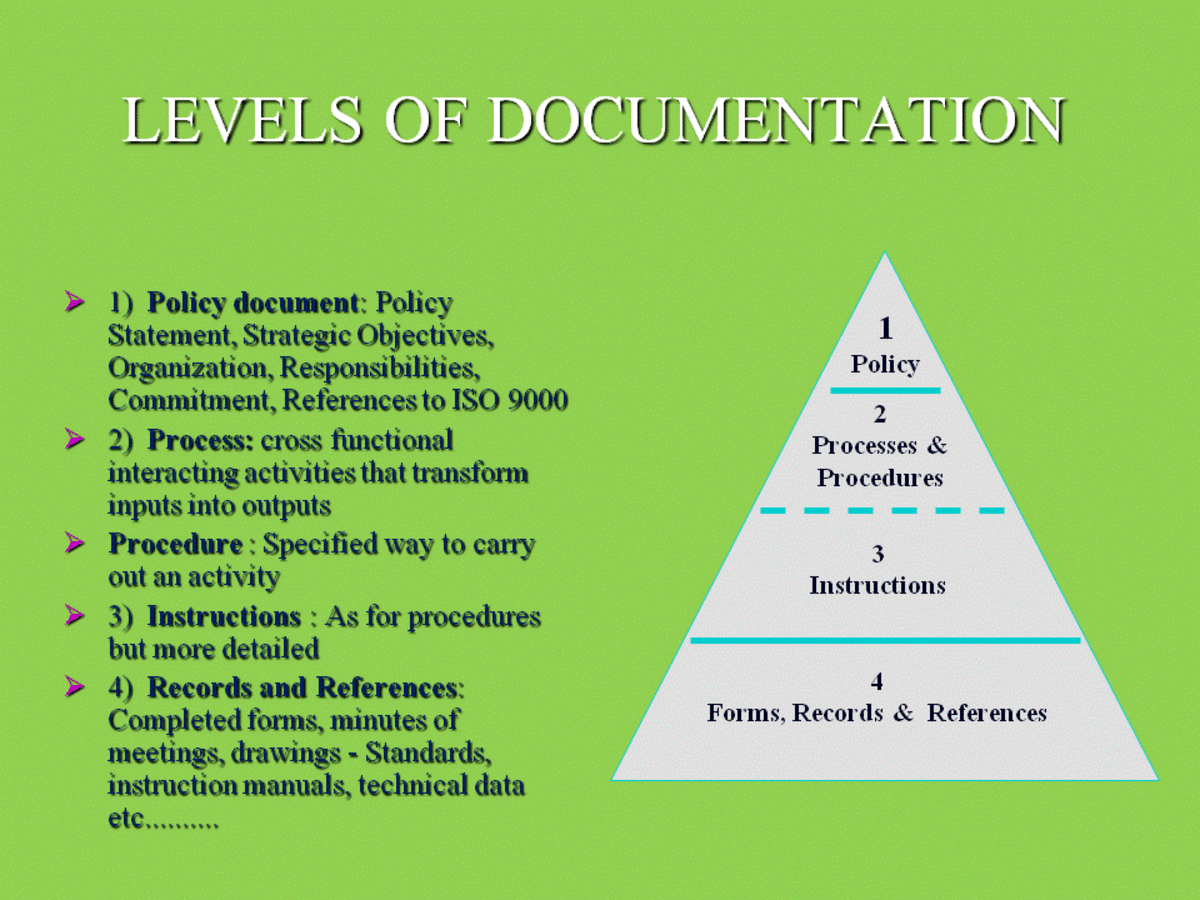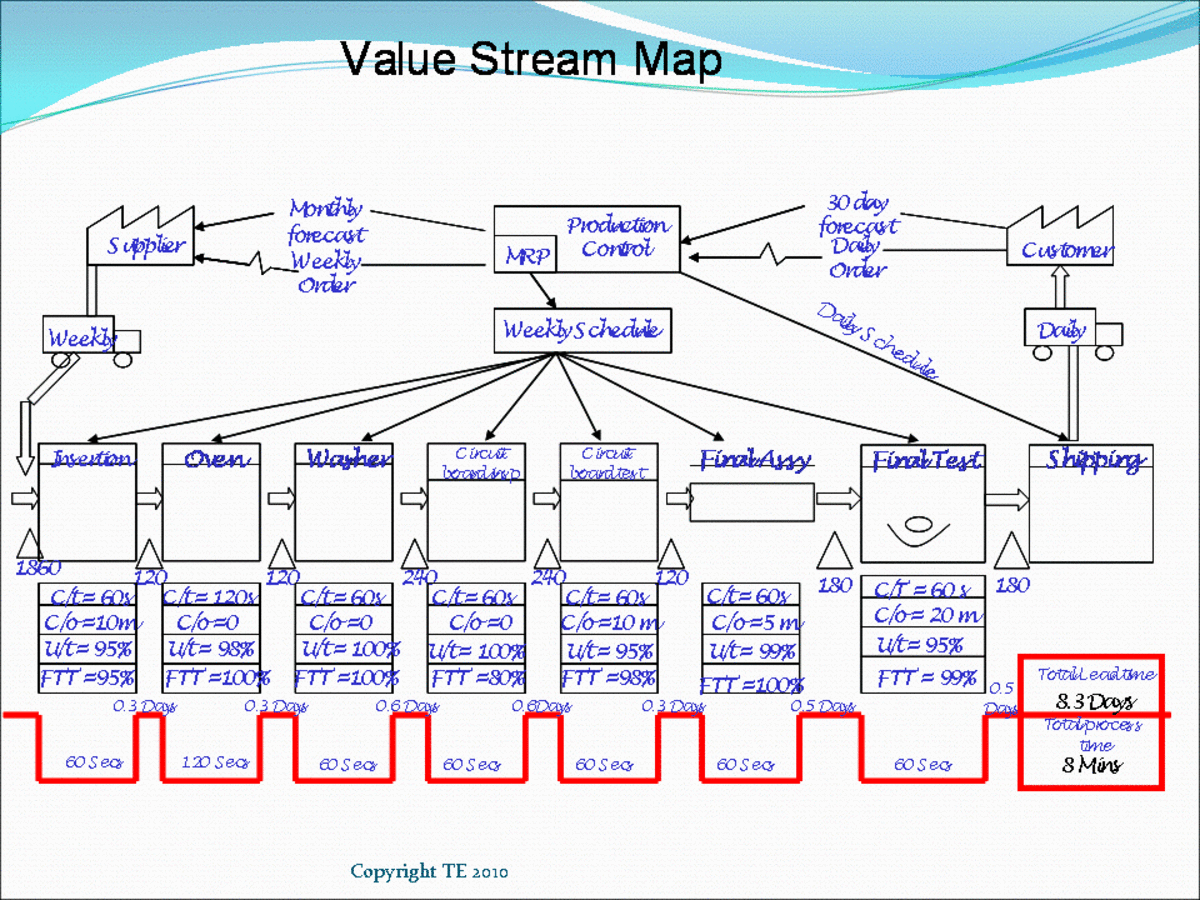Management Theories
The entrepreneur, as a manager, controls the human and non-human resources in such a way that goals are attained. Many concepts, skills and approaches have been scrutinized relating to management. These developed into management theories proposed by individuals who tested them to explain the possible circumstances of economic growth.
These theories are the following:
1. Scientific Management Theory. Frederick Winslow Taylor (1856-1915), the
Father of Scientific Management, assumed that labor is not the cause of most
problems in business and it is only the management which can provide solutions
to the problems of the business.
This theory involved the combination of labor and management to attain the common benefit, a classification based on how to increase production efficiency, lower costs, raise profits and increase workers' salaries through increased productivity. This employs the basic formula to scientific proposals in management through setting up knowledge, compatibility through group accomplishment, participation and progress of employees and achieving the highest production.
2. Behavioral Management Theory. This theory as stated by Robert Owens, is that
management must have concern on the worker's condition which affects the
quality and quantity of his work.
Mary Parker Follet is the psychologist who first applied psychology to business. She recommended the effort of teaching the social services principles to business settings.
Douglas Mc Gregor recommended his very well known Theory X and Theory Y, illustrating the assessment of a manager on his employees, which deals with the belief that people do not like to work. They must be guided and forced to work towards the awareness of organizational objectives. This theory states that certain types of people avoid responsibilities and thus have little ambitions in life.
In theory Y, it is based on the presumption that people take their prospect jobs as part of their lives.
Consequently, their jobs motivate them to perform well in their trade to realize goals, particularly if rewards are given.
3. Contingency Management Theory
The contingency theories focus on the following:
1. legal aspects
2. cultural considerations
3. emerging field of public administration
This management theory attempts to explain the operation of the system by assessing the factors in a given situation. This theory solves the problem by analyzing, recording prevailing conditions, classifying applicable causes of action, recognizing the effect of each action and selecting the best results.
4. System Management Theory
This theory deals with a system as a group in relation to the operation in achieving desired objectives and functions according to design. Every system is self-contained by an input, a process and an output. A company is an example of the system. The manager must take a look at the organization which helps establish and achieve the purposes and goals of the company. He or she also sees the external, which involves customers, general suppliers and the government. In short, the activity starts from receiving the raw materials up to the delivery of finished products to the customers.
5. Social Management Theory
This theory considers the system of management as a system of cultural interrelationship. It is also a social interaction dealing with other people, as well as, cultural relationships. The managers accommodate the small groups into a complete social system. In relation to this theory, it applies the management in behavioral science.
For example, as part of a company's socialization program, the company sponsors an outing for the company staff. This get-together parties give opportunities for employees and company officials to mingle with one another. Through this interaction, the manager solves various limitations posed by the workers' social and cultural differences by comforting them to promote a closer and more open relationship.
6. Quantitative Management Theory
This theory expresses mathematical models and measurable data. This emphasizes the creation of models, which state specific assumptions, purposes and necessity. The quantitative explanations of the condition of assumptions, purposes and problems become the foundation for decision-making. The customers' attitudes, ideas, assessment and familiar use of certain goods or products can be mathematically calculated and quantified. There are some methods to certify the data by means of games, probability and sampling, simulation, and linear programming. In order words, this theory advocates the use of mathematical procedures to management problems.





